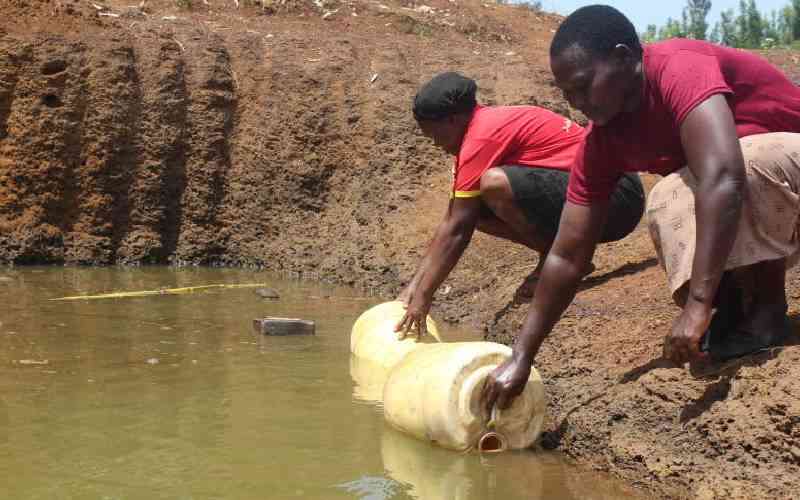×
The Standard e-Paper
Informed Minds Prefer The Standard

Rapid population growth, coupled with aging infrastructure is overstretching sewerage system in Kisii Town leading to sewage pollution.
Constant leakage of raw sewage into Nyakomisaro and Nyanchwa Rivers in Kisii Town is a major concern to the local water service provider.